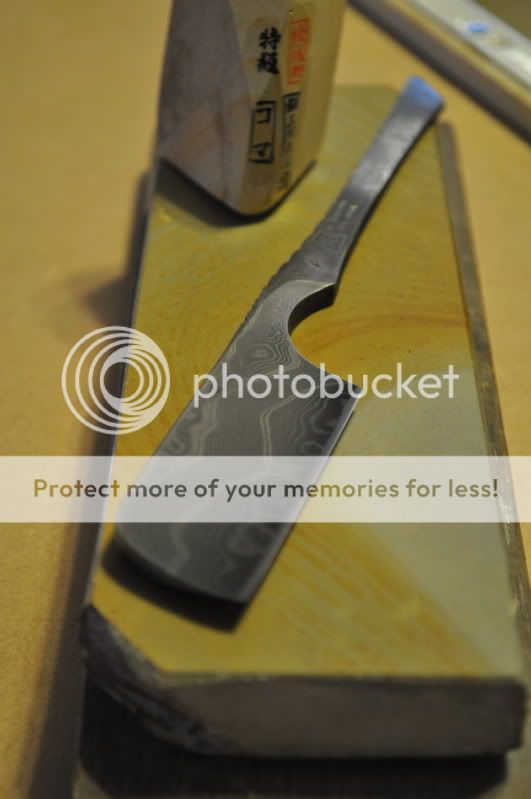I've always believed, if you're going to get something - get something of quality.
Don't bother with something that won't last.
More often that not, you also see the workmanship in something of quality, and the price reflects it.
I was hoping someone could share - how a blade for a straight razor is made?
Are they folded and folded to give it strength?
I'm looking at a Wade and Butcher restored straight.
Understanding where the blade came from, what restorations it has gone(stresses) - might give me some idea on the long jeopardy of the blade (pass it down to my kids, their kids, their kids).
Appreciate your knowledge.
Don't bother with something that won't last.
More often that not, you also see the workmanship in something of quality, and the price reflects it.
I was hoping someone could share - how a blade for a straight razor is made?
Are they folded and folded to give it strength?
I'm looking at a Wade and Butcher restored straight.
Understanding where the blade came from, what restorations it has gone(stresses) - might give me some idea on the long jeopardy of the blade (pass it down to my kids, their kids, their kids).
Appreciate your knowledge.

